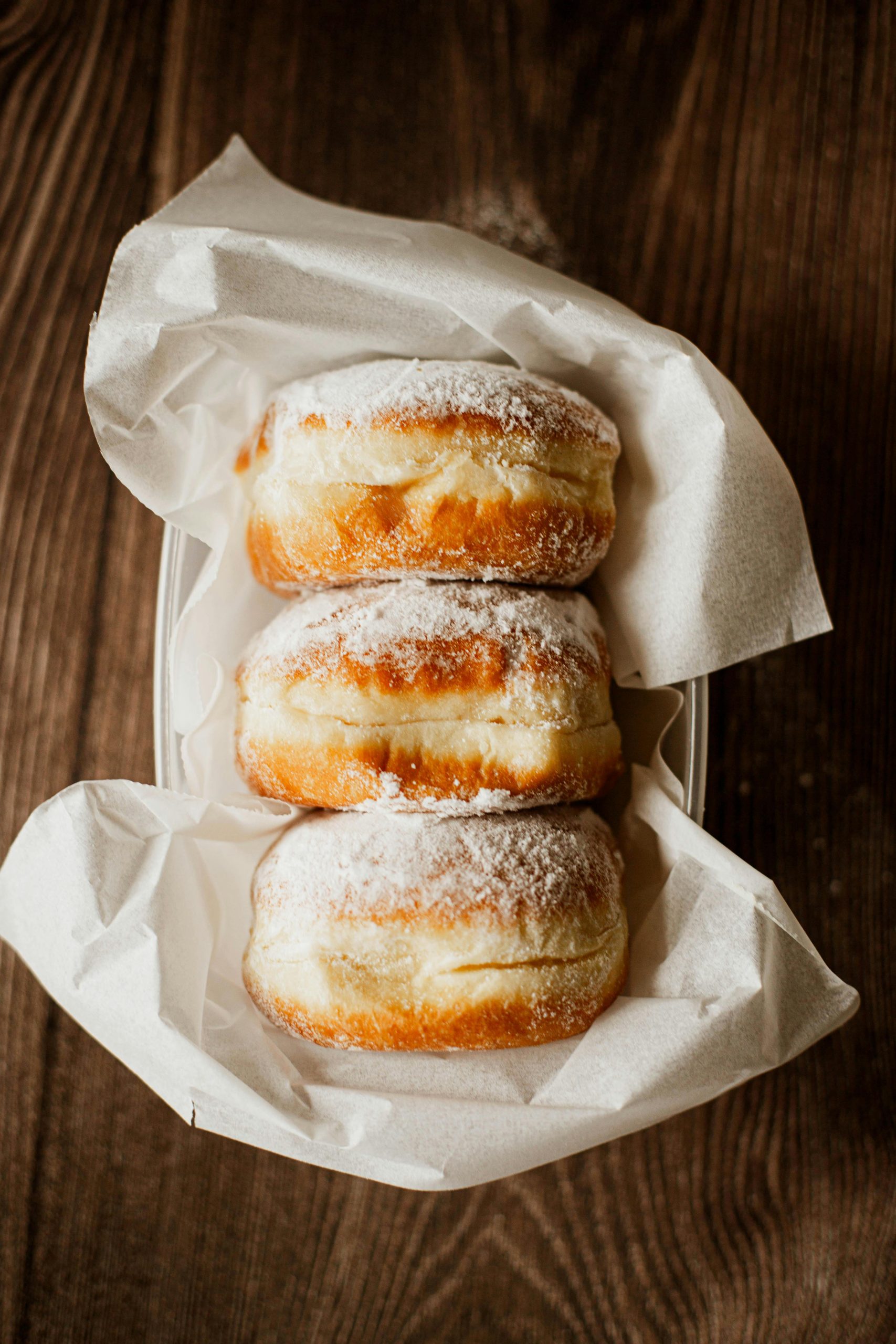The smell of freshly baked bread is one of the most powerful and enticing aromas in a grocery store. The in-store bakery, with its signs proclaiming “Freshly Baked” or “Baked Fresh Daily,” creates an image of a wholesome, from-scratch operation. However, in most supermarket chains, this image is a carefully crafted illusion. The term “freshly baked” often means something very different from what you might imagine, and the products are rarely as fresh as they seem.

Image Source: pexels.com
The World of “Par-Baked” Goods
The vast majority of the “fresh” bread, rolls, and bagels you buy at a major grocery store are not made from scratch in the store. Instead, they arrive at the store as “par-baked” products. This means they were mixed, formed, and partially baked at a massive industrial factory, then flash-frozen and shipped to the store. The in-store “bakers” simply finish the job by baking the frozen dough for the last few minutes to give it a crisp crust and a fresh-from-the-oven aroma.
Baking from Frozen Dough
Similarly, many of the “freshly baked” cookies, croissants, and pastries in the bakery case also arrive as pre-made, frozen dough. The bakery employees place the frozen pucks of cookie dough or the pre-formed pastries onto a baking sheet and put them in the oven. While they are technically being baked in the store, they are not made from a fresh recipe with raw ingredients like flour and butter.
The Reality of “Scratch” Bakeries
A true “scratch” bakery, where bakers mix the ingredients and prepare the dough from the very beginning, is extremely rare in a supermarket chain. Running a from-scratch operation requires skilled bakers, expensive equipment, and a huge amount of time and space, all of which cut into a grocery store’s profit margins. It is far more efficient and cost-effective for these chains to rely on the centralized, factory-produced doughs and par-baked products.
How to Spot the Difference

Image Source: pexels.com
You can often tell the difference between a true scratch bakery and a “bake-off” operation. Just look at the uniformity of the products. If every single loaf of bread or every cookie looks perfectly identical, it is a strong sign that they were mass-produced. A true scratch bakery will have products with slight, natural variations. You can also ask an employee directly if they make their products from scratch. An honest bakery will be proud to say yes.
The Impact on Quality and Freshness
While the par-baked model is efficient, it can have a major impact on the quality of the final product. These items are often loaded with preservatives and dough conditioners to help them withstand the freezing and shipping process. This is why many grocery store bakery items go stale much faster than a loaf from a genuine local bakery.
The Illusion of Freshness
The “freshly baked” label in a supermarket is a masterful piece of marketing. It uses the power of scent and the theater of a visible oven to create an illusion of small-batch, artisanal quality. While these products are not necessarily bad, they are not the from-scratch, wholesome items that the marketing implies. For a truly fresh and authentic baked good, you are almost always better off seeking out a dedicated, independent local bakery.
Were you aware of the difference between a “scratch” and a “bake-off” bakery? Does this information change how you feel about your in-store bakery? Let us know!
Read More
